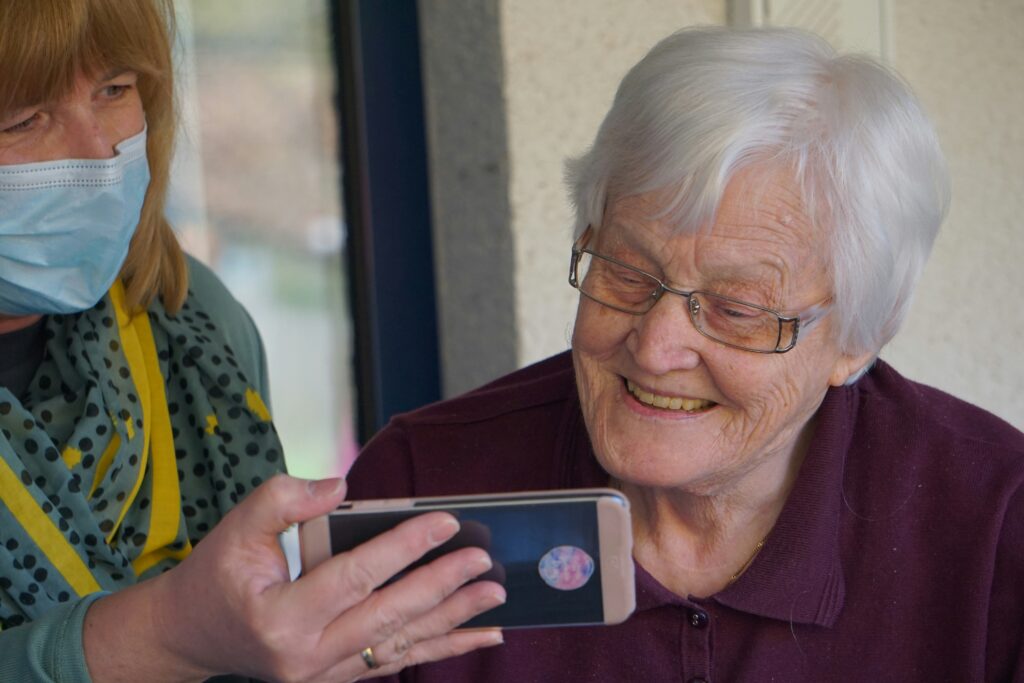Purpose
The purpose of this website is to provide information about speech-language and cognitive stimulation, as well as general memory improvement tips and techniques. Our content is designed for stimulation of memory, reading and auditory comprehension, cognition, conversation, word-finding, speech production and writing.
Intended Population
Our methods were designed to be used in group or individual settings with mild to moderately communicatively impaired adults, those with early dementia, and the alert elderly. Our methods could also be used with adolescents and individuals practicing English as a second language.

The Rationale for Using Social Themes
Clinical experience confirms that when topics are familiar, consistent and predictable, communication is enhanced. Social issues stem from the realm of ideas which should provide the basis for language stimulation (Wepman, 1976). In addition, the repetition and increasing familiarity with the words and ideas contained in thematic language units are important in facilitating comprehension, cognition and expression (Morgenstein and Smith, 2012).
Relevant and personally significant material has strong associations in the brain, thereby improving processing and retrieval. Social themes provide opportunities for personal expression of common feelings, opinions and memories and for generalization beyond the clinical setting. Meaningful communication is facilitated because participants from varied socio-economic groups share knowledge of common social events and topics (Davis and Wilcox, 1995). These topics can be humorous, emotional and, at times, controversial—a breeding ground for meaningful language.

About the author:
Barbara Van Dyne, M.A., is speech-language pathologist who has worked for decades in a variety of rehabilitation settings, including inpatient and outpatient rehabilitation, home health, private practice and skilled nursing facilities. She has taught memory improvement classes and served on the advisory board of the Stroke Support Group of Northern California. Prior to her retirement she was certified by the American Speech and Hearing Association and licensed as a speech pathologist in the state of California.
